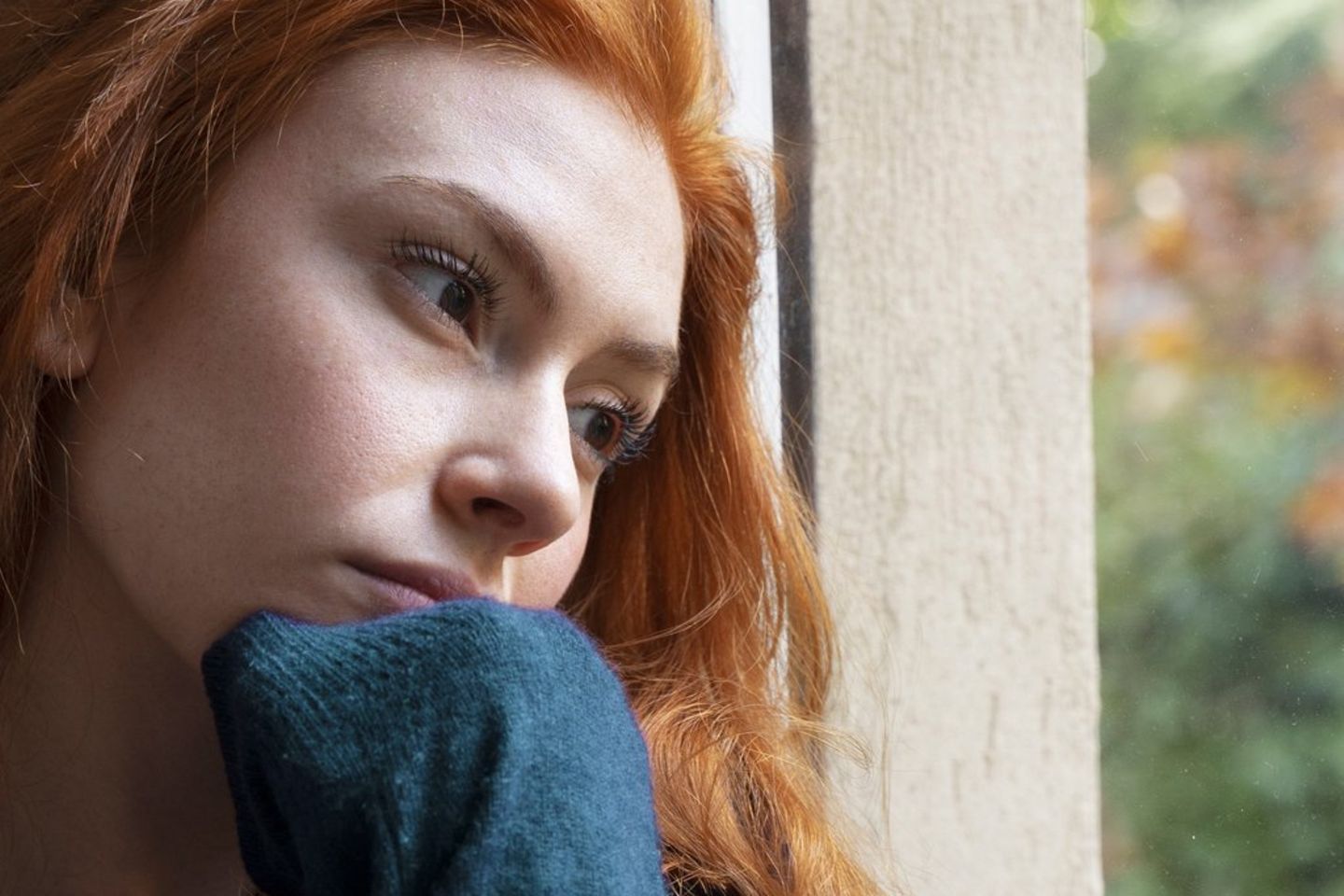Psychologist gives tips
Fight the autumn blues effectively
Many people fall into seasonal depression during the dark season.
© tommaso79/Shutterstock.com
The change to winter time dampens the mood of many people. A psychologist explains what can help against the “autumn blues”.
On the night of October 28th to 29th, the clocks were turned back one hour. While some people welcome the extra hour of sleep, it throws others off their rhythm. As the days become shorter and sunlight decreases, some people experience the so-called “autumn blues,” also known as seasonal affective disorder. What can you do about the autumn mood? Psychologist and author Selina Vogt (“Understanding Depression”, Kosmos Verlag) explains in an interview with the news agency spot on news which strategies can help combat the “autumn blues”.
What exactly are the “autumn blues” and how does it differ from clinical depression?
Selina Vogt: The autumn blues, also known as winter depression/seasonal depression, only occurs in autumn and winter. The symptoms subside again in the spring. Many people experience slight impairments in the dark season. You are a little more lethargic and tired. Symptoms of winter depression develop in 1-2% of the population. The symptoms are similar to those of typical depression. Depressed mood, listlessness, loss of interest. However, there may be differences in the secondary symptoms. If a person suffers from winter depression, they usually have cravings and sleep too much. In typical depression, they usually eat less and complain about insomnia.
Why do people experience depressive symptoms more often in the fall and winter?
Vogt: Due to a lack of daylight, the sleep hormone melatonin is produced more. It makes you sluggish and tired, and your sleep-wake rhythm is disrupted. Vitamin D and the happiness hormone serotonin, on the other hand, are produced less. Social contacts and activities are also more difficult to access, and many people tend to withdraw. The workload often increases at the end of the year and everyday problems and stress don’t take a break in the winter.
Are there groups of people who are particularly vulnerable?
Vogt: Studies show that young women who live far from the equator are particularly affected. In addition, winter depression is more likely to occur in people whose family members are also prone to depression.
What self-help measures do you recommend for people suffering from the “autumn blues” or seasonal depression?
Vogt: A special daylight lamp can be useful, possibly vitamin D substitution. Be careful, a solarium does not serve this purpose. Otherwise, good self-care. Regular exercise, preferably in the fresh air in daylight. Maintain social contacts, reduce stress, use relaxation techniques, eat a balanced diet.
What options are there to prevent the “autumn blues”? Can healthy eating, exercise, etc. help?
Vogt: The self-help measures can also be used preventatively. A regular sleep rhythm is also important. Good self-care is the basis for our mental and physical health. What does my body need to feel good? Exercise, relaxation, enough fluids, high-quality food, medicine? What does my soul need to be healthy? Valuable social contacts, a job that suits me, fun, feel-good moments? Are there problems, conflicts or legacy issues? Do I need support to resolve this and find peace?
When should you seek professional help?
Vogt: If the self-help measures cannot be implemented and the feeling arises that you cannot get out of the vicious circle on your own. Even if the symptoms feel worse, the level of suffering increases.
